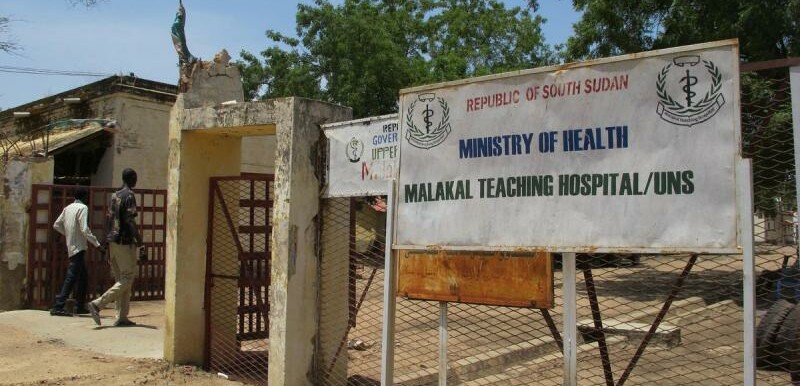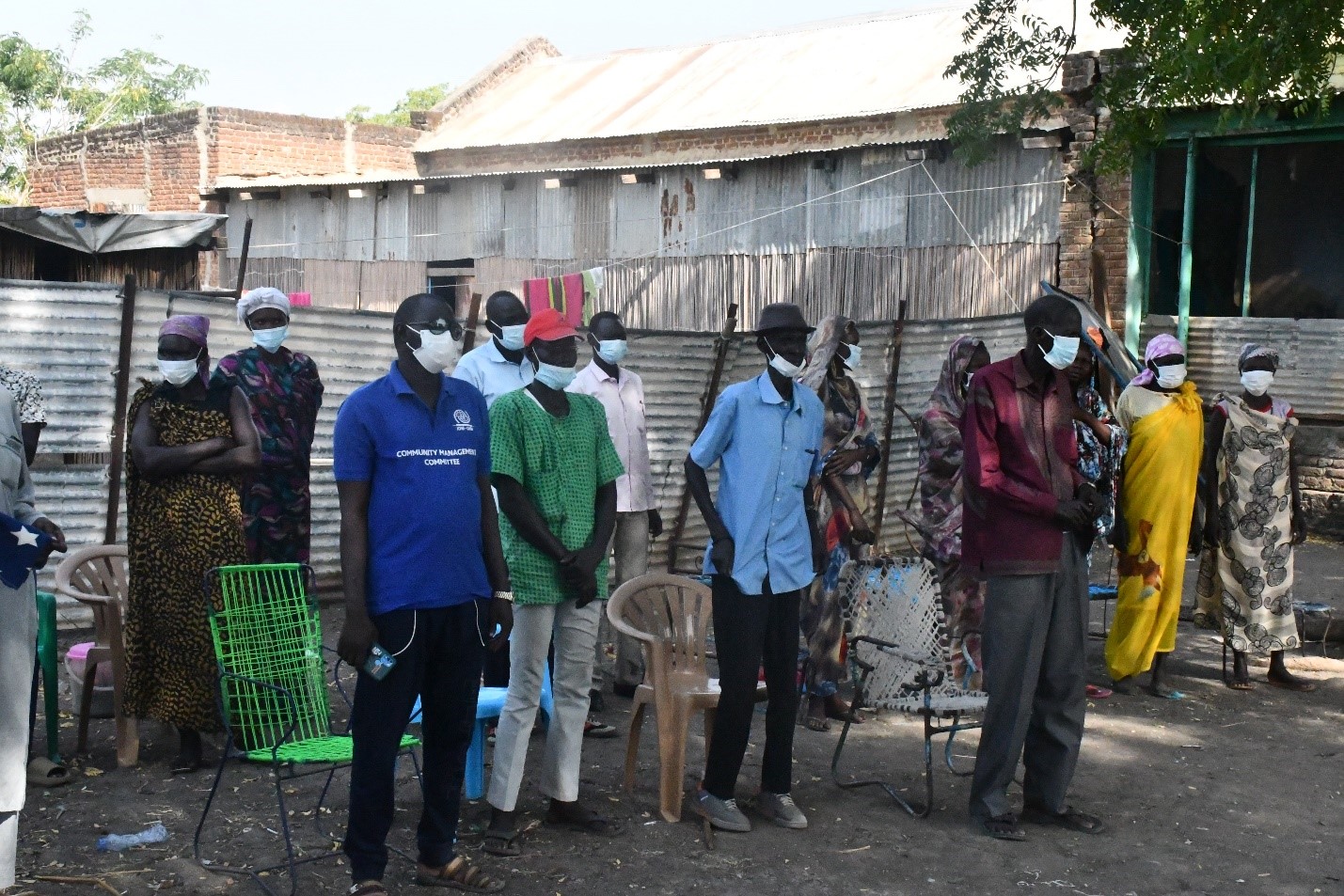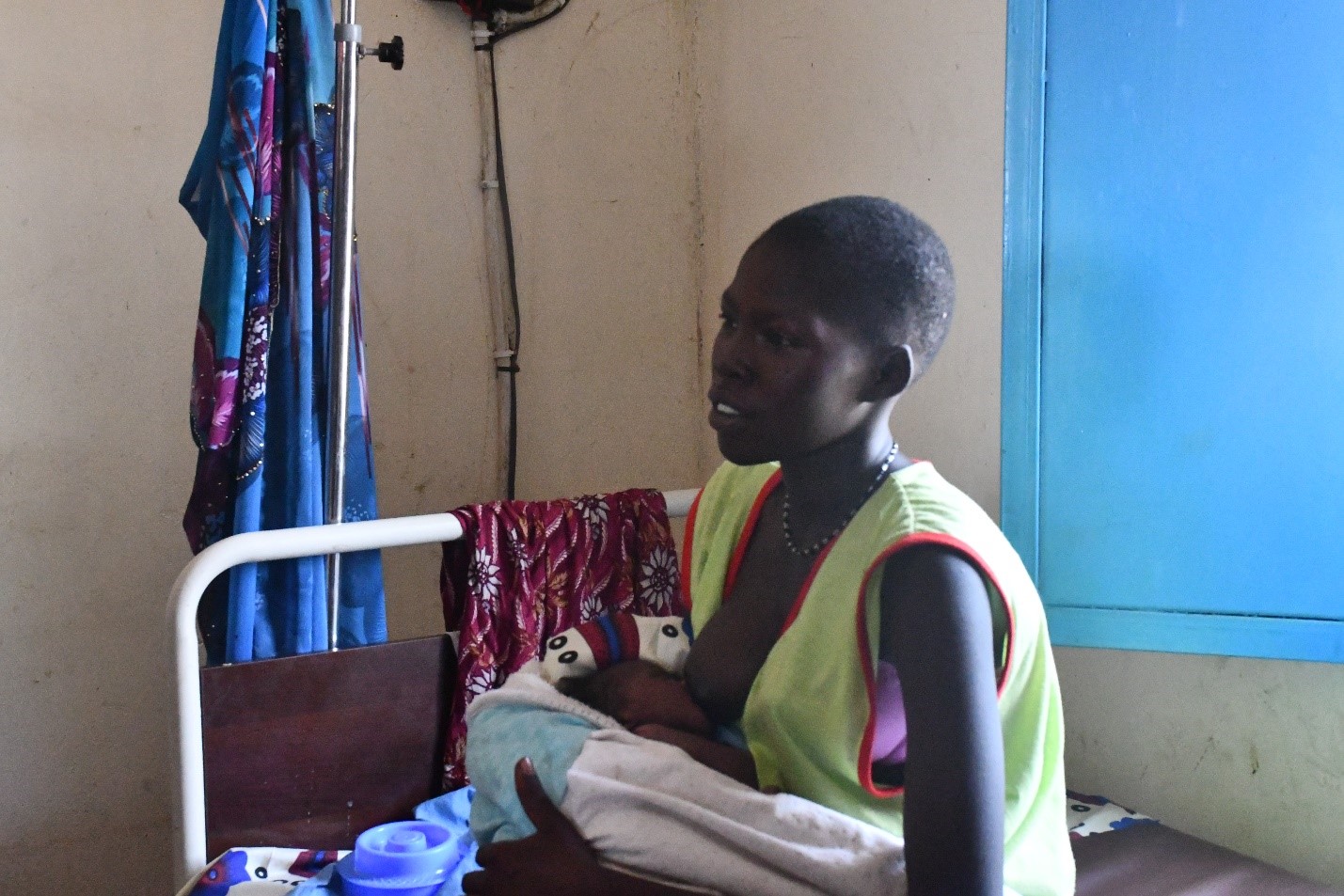
Upper Nile is up in arms to mitigate ill-health

By Simon Deng
When war arrived at the door of South Sudan’s Upper Nile State in January 2014, all hell broke loose amid plundering and looting of vital basic necessities.
Plunder and devastation reigned and service delivery stalled.
That war, which began in December 2013 left 400,000 people dead across the country, displaced four million others, slashed production of the main revenue source, crude oil and left the economy in tatters.
The health sector was totally devastated and people had to flee, some to remote areas and relied on rudimentary ways to nurse ailments.
Its now two years into the implementation of a peace agreement which has returned relative calm across the country.
But the health sector remains compromised by pockets of insecurity and hazards including the floods and the global pandemic, COVID-19.
Yet these have not deterred Upper Nile from making the health of the people a priority. Both medics, communities and even the sick are putting their heads together to ensure a holistic fight to ensure an upgrade in people’s health.
Leading the action plan is the fight to mitigate COVID-19 infections and advocate for vaccination against the virus.
In the capital Malakal, communities have joined in social mobilisation on preventive measures and results are very promising, Nyok Daniel, who leads the campaign in the town told Juba Echo in an interview.

Awareness creation
Community leaders including women groups and church authorities are avidly involved in the drive.
“We create advocacy meetings, and the turn up is very huge,” Daniel said.
“They are working very hard in massive awareness creation and people are now aware about the efficacy of Covid-19 vaccine,” he said.
This is a breakthrough in a society where the health sector gets very poor support from the government.
Myths have also been a major setback in battling ill-health.
Even the mobilisation against COVID-19 is supported through a project funded by the World Bank Group and implemented by UNICEF.
Debunking misinformation
Deng Michael Yor, a community leader in the Northern Division in Malakal said several misinformation about Covid-19 that were fast spreading are now debunked and people are convinced about the effectiveness of the vaccine.
“Community members gather and listen to news about COVID-19 such as keeping social distances, avoiding handshakes and regular hand washing,” Yor said.
Actual health provisions however remain dire.
Without government support, the United Nations Children’s Fund has taken it up upon its shoulder to ensure sick people get remedies.
The main referral facility, Malakal Teaching Hospital and several health facilities are run by the UN Children’s agency with support from the World Bank.
The government is optimistic it will turn around the poor state of health in Upper Nile, the state Minister of Health, Byinji Ernest Apuktong, told Juba Echo.
“We are cooperating with UNICEF, they provide incentives to health staff, we understand the contract will end in June and the health situation is worsening,” Apuktong said.
“The state government will take a step to recruit 4 consultants and reactivate facilities that are not under UNICEF,” he said.
UNICEF also has plans to roll out health services to all areas inaccessible.
Focus on women and children

The organisation has a major focus on the health of women and children.
“The provision of essential health care services focuses on maternal and neonatal child health, we have enroled a new phase of child health after training 655 Boma Health Workers on management of mainly diarrhea, pneumonia and malaria,” Lagu Tolbert, a UNICEF health specialist told Juba Echo in Malakal.
“This program is trying to reach out to the unreached,” Tolbert said.
“The Boma health initiative consultation has increased but you find due to this increase in the returning population, whatever supplies come are consumed so quickly that they do not last for the intended period.”
James Makur, a registered midwife at Malakal Teaching hospital said that the World Bank project is of great help to the communities in Malakal town.
“The World Bank is working a lot towards the care of mothers, we save the lives of mothers and child in Malakal hospital,” Makur said.
“We give good treatment to patients.”
Despite the situations, Rebecca Laa, a 32-year-old mother of 8 children is hopeful her children, and herself, can always have access to treatment.
“We are being supported very well, we are getting treatment,” Laa told Juba Echo from Malakal Teaching Hospital where she sought treatment.
“I came here for delivery, I have been administered both injectable and oral drugs for the stomach pain, all is well here,” she said.



































